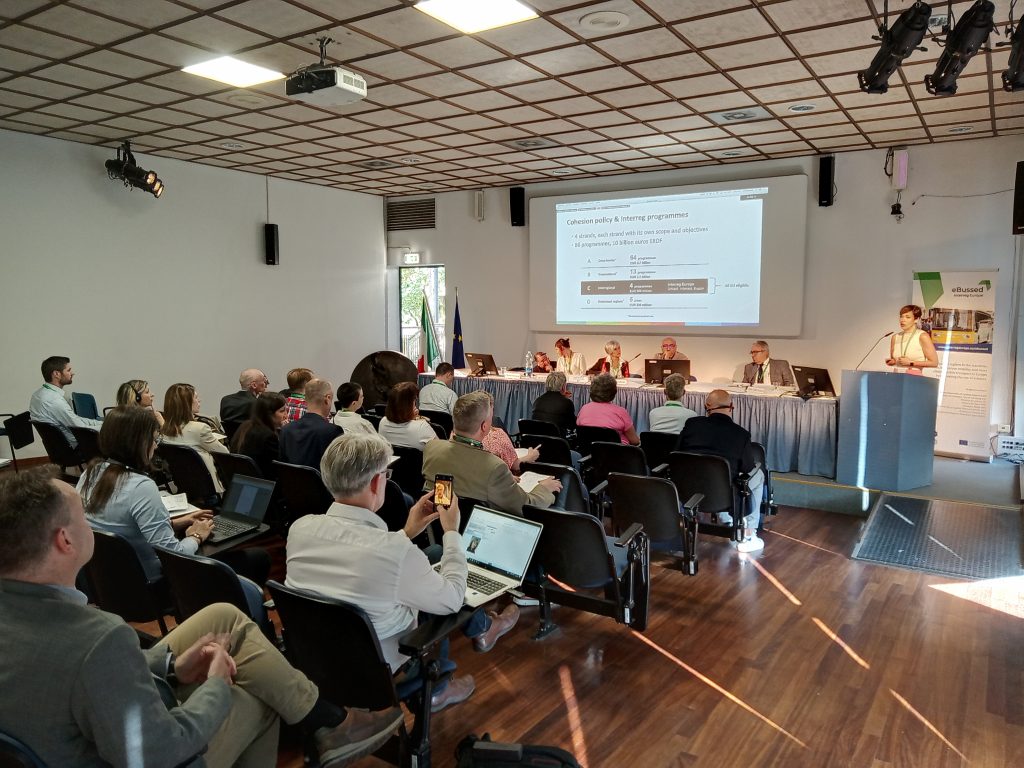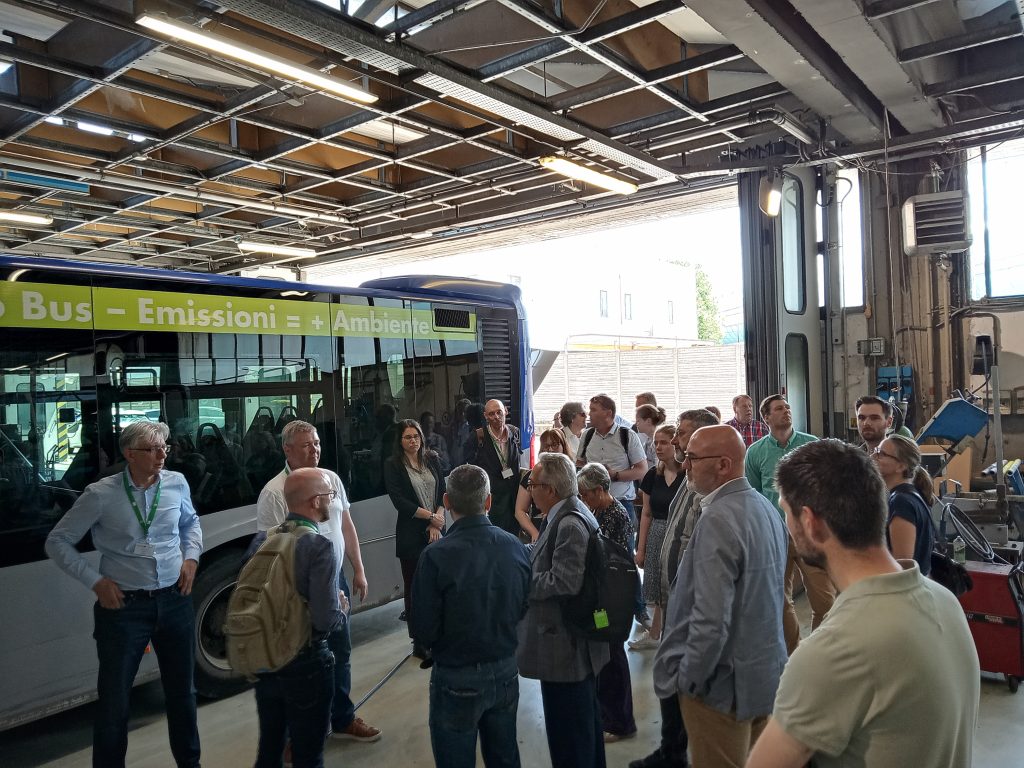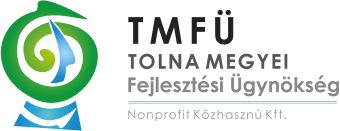The four-year implementation of the eBussed Interreg Europe project, which aims to introduce electric bus transport across Europe, will end on July 31, 2023. In this last news release we review the most important events of May-June 2023, as well as report on the implementation of the electric bus transport improvements planned in the project.
Closing conference in Italy
The closing events of the eBussed project took place on May 25-26, 2023 in Livorno. At the closing conference with around 40 participants, the South Transdanubia Regional Innovation Agency (STRIA) presented the results of its cooperation with the local bus companies in Kaposvár, Pécs and Paks. Since the implementation of the eBussed project coincided with the conversion of the bus fleet of the three cities to a low-emission one, the international exchange of experience effectively supported the accompanying technological, public procurement and attitude change processes.

As in every case, project closure is also a good opportunity to learn about good practices in local electric bus transport. Although the Tuscan public transport operator Autolinee Toscane has not yet started converting its diesel fleet to electric, it shared several important aspects to consider before such a transition during the presentation of its Florence site.

Digitization and new electric charging solutions
In the framework of the eBussed project, STRIA developed the Hungarian eBussed action plan together with the Integrated Transport Operational Programme Plus Management Authority. The document took into account the possible areas of digitization in relation to electric buses, as well as non-usual charging options – and then tested them on an experimental basis. The domestic eBussed action plan is focused on the Central Danube Priority Area (CDPA), and its implementation will be completed in June 2023 in close cooperation with the Central Danube Development Agency.
In connection with digitalization, we proposed the city card system planned in Paks to better determine the number of passengers and service needs. The same goal can be achieved more precisely, but more expensively, by using on-board bus and outdoor validators. However, this is not included in the plans in the area of CDPA, just like neither the digital support for the training of alternative vehicle drive technicians or bus drivers with modern knowledge and professional practice.
Instead of the current on site (or depot) charging, the experts also considered additional solutions (charging with a pantograph, charging in the bus bay, charging at the end of the bus line, etc.). However, given the low number of DC and AC chargers in the CDPA area, the proposal gave priority to charging on site and at the end of the bus line. In connection with the latter, the experts also raised the opprtunity for public and partially private use of the charging infrastructure.
For more information on the eBussed project and on its further results on be kind to visit the project website at https://projects2014-2020.interregeurope.eu/ebussed/.

The eBussed project is co-financed by the European Regional Development Fund and Hungary within the Interreg Europe Program.

